Modern Mongolia: From Khans to Commissars to Capitalists
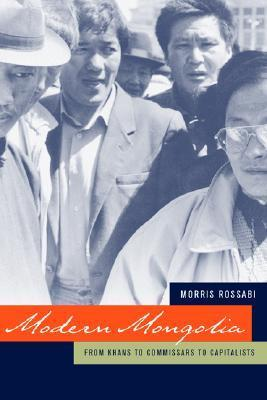
Summary
Land-locked between its giant neighbors, Russia and China, Mongolia was the first Asian country to adopt communism and the first to abandon it. When the Soviet Union collapsed in the early 1990s, Mongolia turned to international financial agencies―including the International Monetary Fund, the World Bank, and the Asian Development Bank―for help in compensating for the economic changes caused by disruptions in the communist world. Modern Mongolia is the best-informed and most thorough account to date of the political economy of Mongolia during the past decade. In it, Morris Rossabi explores the effects of the withdrawal of Soviet assistance, the role of international financial agencies in supporting a pure market economy, and the ways that new policies have led to greater political freedom but also to unemployment, poverty, increasingly inequitable distribution of income, and deterioration in the education, health, and well-being of Mongolian society.
Rossabi demonstrates that the agencies providing grants and loans insisted on Mongolia's adherence to a set of policies that did not generally take into account the country's unique heritage and society. Though the sale of state assets, minimalist government, liberalization of trade and prices, a balanced budget, and austerity were supposed to yield marked economic growth, Mongolia―the world's fifth-largest per capita recipient of foreign aid―did not recover as expected. As he details this painful transition from a collective to a capitalist economy, Rossabi also analyzes the cultural effects of the sudden opening of Mongolia to democracy. He looks at the broader implications of Mongolia's international situation and considers its future, particularly in relation to China.
Similar Books
-
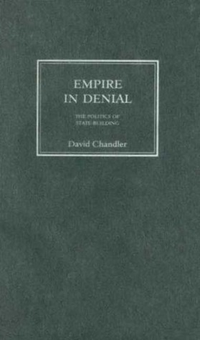 Empire in Denial: The Politics of State-Building
Empire in Denial: The Politics of State-Buildingby David Chandler
-
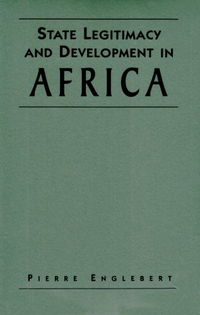 State Legitimacy and Development in Africa
State Legitimacy and Development in Africaby Pierre Englebert
-
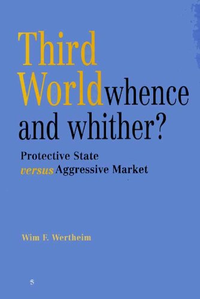 Third World: Whence and Whither? Protective State versus Aggressive Market
Third World: Whence and Whither? Protective State versus Aggressive Marketby Wim F. Wertheim
-
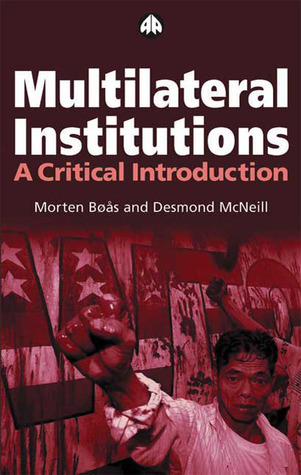 Multilateral Institutions: A Critical Introduction
Multilateral Institutions: A Critical Introductionby Morten Bøås
-
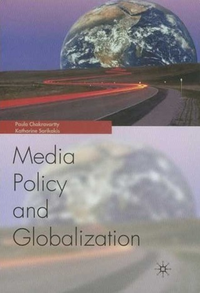 Media Policy and Globalization
Media Policy and Globalizationby Paula Chakravartty
-
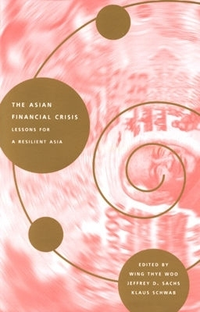 The Asian Financial Crisis: Lessons for a Resilient Asia
The Asian Financial Crisis: Lessons for a Resilient Asiaby Senior Fellow Wing Thye Woo
-
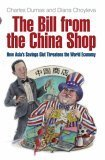
-
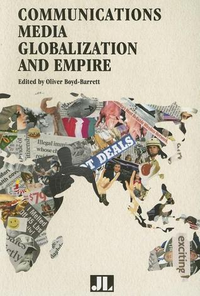 Communications Media, Globalization, and Empire
Communications Media, Globalization, and Empireby Oliver Boyd-Barrett
-
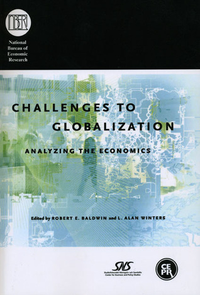 Challenges to Globalization: Analyzing the Economics
Challenges to Globalization: Analyzing the Economicsby Robert E. Baldwin
-
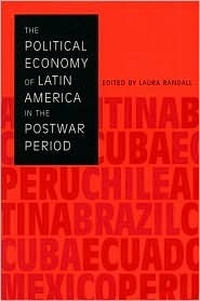 The Political Economy of Latin America in the Postwar Period
The Political Economy of Latin America in the Postwar Periodby Laura Randall
-

-
 Media and Globalization: Why the State Matters
Media and Globalization: Why the State Mattersby Nancy Morris
-
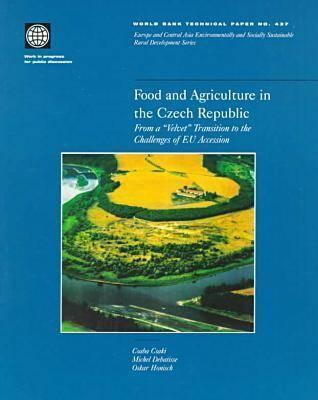
-
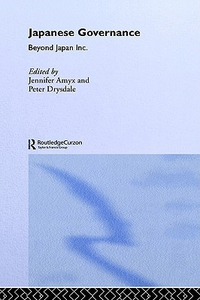 Japanese Governance: Beyond Japan Inc.
Japanese Governance: Beyond Japan Inc.by Jennifer Amyx
-

-
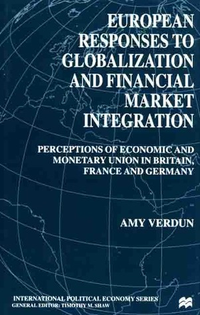
-
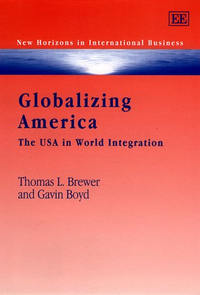 Globalizing America: The USA in World Integration
Globalizing America: The USA in World Integrationby Thomas L. Brewer
-
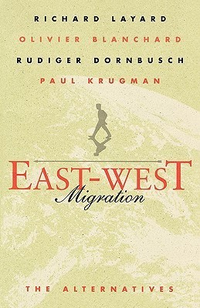 East-West Migration: The Alternatives
East-West Migration: The Alternativesby Richard Layard
-
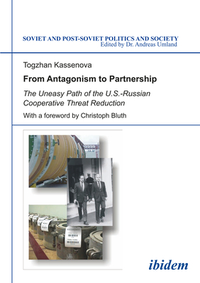
-
 Opec and the Third World: The Politics of Aid
Opec and the Third World: The Politics of Aidby Shireen Hunter
-
 Policy Reform, Economic Growth, and China's Agriculture
Policy Reform, Economic Growth, and China's Agricultureby Christopher Findlay
-

-
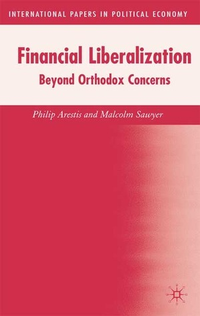 Financial Liberalization: Beyond Orthodox Concerns
Financial Liberalization: Beyond Orthodox Concernsby Philip Arestis
-
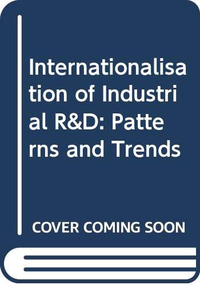 Internationalisation of Industrial R&D: Patterns and Trends
Internationalisation of Industrial R&D: Patterns and Trendsby OECD Organisation for Economic Co-operation and Development
-
